Disclosure: This article may contain affiliate links. If you decide to make a purchase, I may make a small commission at no extra cost to you.

Green tea has many healing properties as well as preventing common diseases and conditions which afflict us all at one point. The common cold causes untold misery for millions of people each year, but what if there was a way you could prevent them by simply drinking or gargling green tea?
Green tea has been studied for its amazing health benefits and its ability to kill common pathogens which cause disease in humans. It has many powerful attributes: the antioxidants in green tea are able to block or kill bacteria and have the ability to prevent viral infections when consumed either as a tea or supplement.
The common cold and flu are caused by different viruses. There are so many of them going around all the time, but typically you’d be at more risk of catching an infection in the winter or in the fall when the kids go back to school.
Knowing how to protect yourself using natural remedies may help reduce the risk of developing a cold and an annoying cough by having direct antiviral, antibacterial, and anti-inflammatory effects. Another benefit is that EGCG found in green tea is able to prime or boost the immune system to be ready to attack these invaders quickly.
So does green tea help prevent a cold?
Research over the last 15 years suggests that yes, regular consumption of green tea may prevent a cold and reduce the number of days being ill.
How does green tea prevent the common cold and flu?
The reason why green tea can be so effective at preventing a cold and flu is that it contains several types of catechins which prevent viral replication and also prevent the virus from actually infecting the cell. EGCG and other catechins are also able to effectively block neuraminidase activity as well as alter the membrane of influenza viruses which weaken its ability to infect human cells.
The mechanisms of how green tea is able to do this have been studied in the hopes that pharmaceutical companies could develop a more effective or synthetic version of this compound.
Gargling green tea is believed to be an effective way of preventing a cold or the flu, but to enjoy the full benefits, you should also drink the tea so it is absorbed into the system where it can help boost your immune system.
Gargling tea may also provide significant anti-inflammatory benefits and help relieve sore throats that are normally present with a productive cough.
Green tea also contains an amino acid called theanine which has been shown to help prevent infection by boosting T cell function. Check out my article for more information on how much l-theanine in each type of green tea.
What is the evidence?
So now you know a little bit about what green tea can do for you, let’s look at some of the evidence behind these claims by looking at studies in humans.
Study 1 – Green tea Prevents Influenza in Children (Japanese study)
Researchers looked at the effect of green tea on children because as we all know, viruses spread more rapidly among children because they are in close proximity to each other, and then from there, spread the virus to adults.
They looked 2663 pupils in 9 different Japanese schools. The study found that consumption of 1-5 cups of green tea per day, but not more, was inversely associated with the incidence of Flu. They saw a decrease in flu incidence between 46 – 50% compared to less than one cup per day. [1]
One of the downsides of this study was that they were surveyed and sometimes these can be unreliable ways of collecting data.
However, one strong point of the study was they were able to verify in many students if they were infected with influenza and not some other type of virus.
Study 2 – Green tea prevents infection in healthcare workers
Healthcare workers can be at increased risk of developing infections because of their environment and proximity to ill patients. So researchers wanted to know if green tea could reduce the risk of infection.
This time, in a double-blind, placebo-controlled trial, researchers got 200 healthcare workers to take part in a trial where one group received the green tea supplement and the other group had a placebo.
Over a period of 5 months, the incidence of infection in both groups was looked at to see if green tea was effective compared to the placebo.
The incidence of flu in subjects taking the green tea/theanine supplement was reported at 4.1% compared to 13.1% for the placebo.
Green tea was therefore deemed to be an effective preventative for infection with the flu. [2]
Study 3 – Camellia sinensis prevents the common cold
Green tea or otherwise known as Camellia sinensis was given to healthy subjects between the age of 18 – 70 years old to see if it was able to reduce incidence and symptoms of viral infections as well as boosting the immune system.
In the patients taking the green tea, there were 32.1% fewer subjects with symptoms and they also had 35.6% fewer symptom days compared to the placebo.
The immune cells, in particular, Gamma delta T Cells in the CFS group proliferated 28% more and also secreted 26% more IFN-gamma in response to antigens.
Once again, this study confirms the potent immune-boosting and anti-viral effects against common pathogens. [3]
Study 4 – Gargling green tea prevents influenza in elderly
Tea with catechin extracts was given to elderly residents in Japan to see if it could prevent infection, which can be deadly, especially to older people.
The group who received the green tea were given an extract solution of 200 microg/mL of catechins with 60% being EGCG. There was also a placebo group in which the treatment was compared against.
Over the period of 3 months, only one resident (1.3%) developed the flu compared to five (10%) of the placebo group. There were also no adverse side effects in any group.
Should you supplement or drink tea?
The main reason why tea works appear to be because of its EGCG and Theanine content. This varies widely from different types of tea like Matcha or Sencha, and therefore you may get different results.
One of the surest ways you know you’re getting EGCG is to take a supplement. I’ve experimented by emptying the green tea capsule out and mixing that with water and believe me, it’s not nice! So I don’t recommend doing that.
If you’re going to have green tea, I recommend that you try out some of the matcha green tea brands which are known for their high level of theanine and polyphenols like EGCG.
How to make it more effective?
If you want to prevent infections, you need to make sure that you’re not deficient in any important vitamins and minerals.
One experience I’ve had in the past is developing multiple infections in a row after becoming deficient in zinc.
If you have a high plant-based diet or are vegan, you may want to consider taking a zinc supplement, especially if you’re noticing that you’re developing symptoms of a deficiency which I talk more about here.
Also, check out my article on how to use garlic with green tea for a sore throat.
Consider adding the following to your tea
- Licorice
- Turmeric
- Ginger
- Lemon
Conclusion
Green tea has many uses and is a safe drink to consume in moderate quantities. If you’re going to drink tea, you should not drink any more than 10 cups of tea per day. Too much tea can also be quite harmful to the liver.
According to research conducted, it seems that green tea is indeed an effective remedy for preventing and treating colds, flu, and coughs. So with this knowledge, hopefully, you’ll survive the winter without catching a cold! 🙂
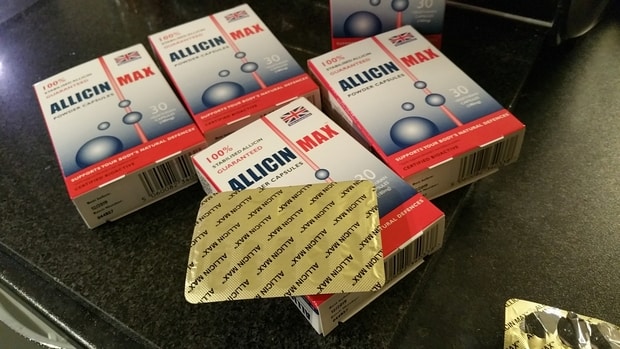

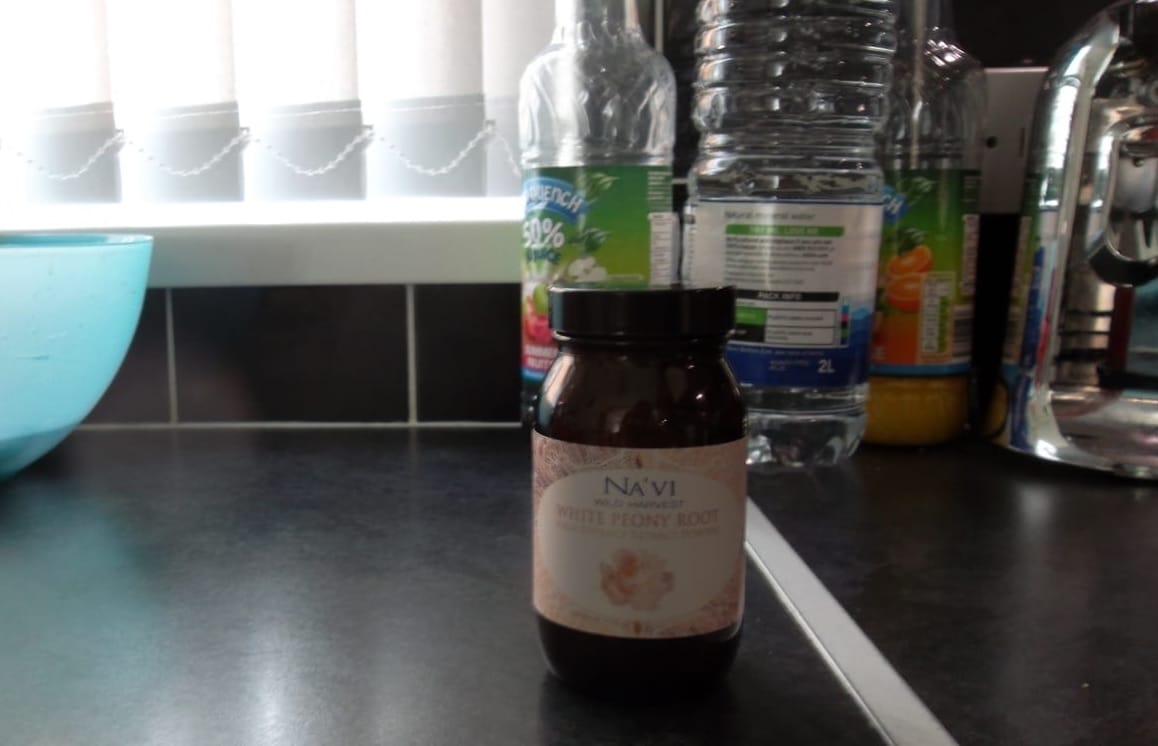
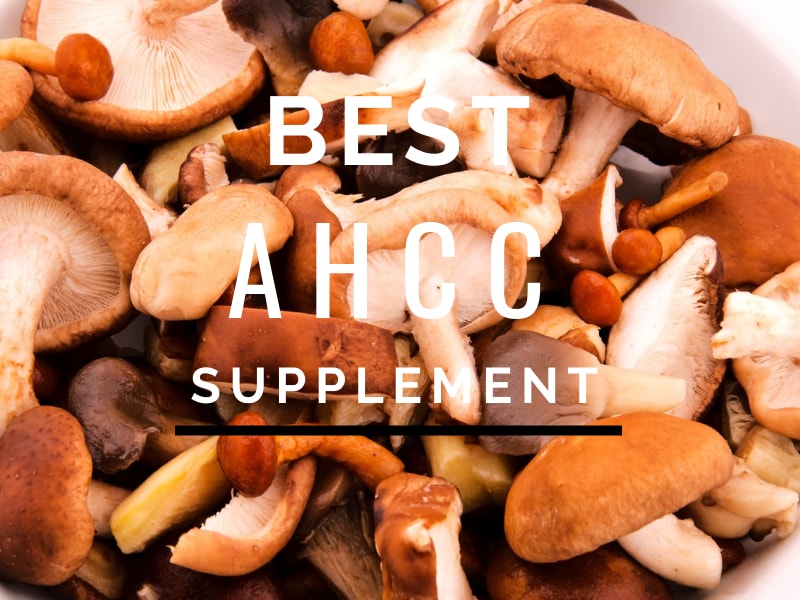
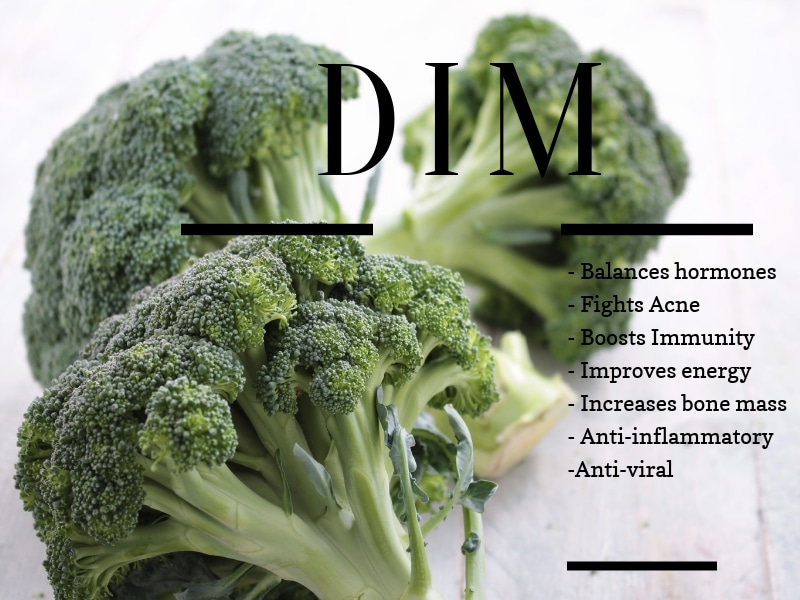

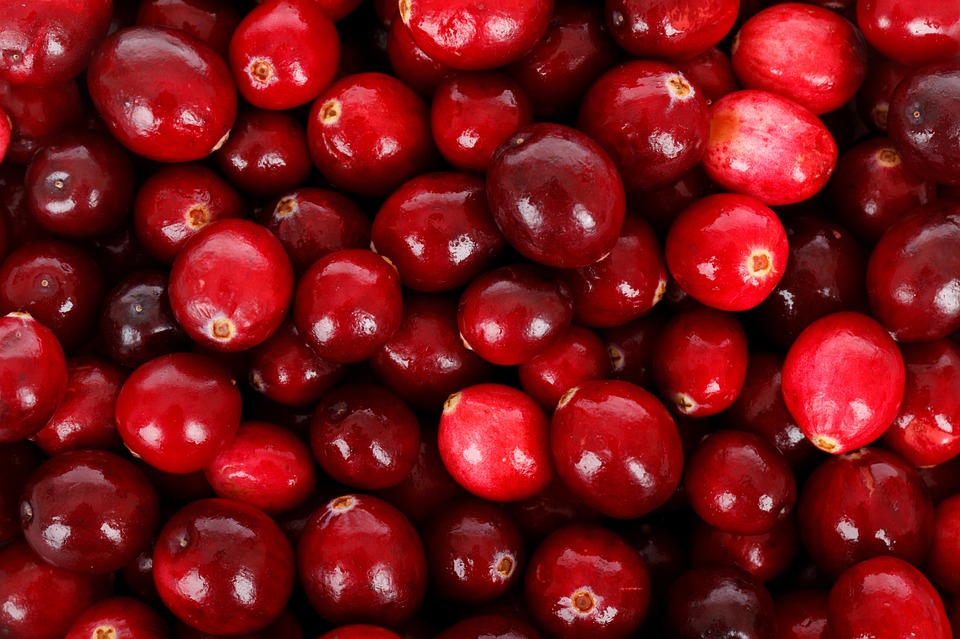



Hey matt, very interesting article on the green tea benefits. Really get me hyped, because i love it so much my self. It´s great to have more benefits to it. (Those numbers on the japanese flu case are insane!)
I was wondering what your opinions are on red tea benefits. I´ve been struggling a bit with weight, and the red detox tea has been getting really good reviews with a lot of people. I´m talking the one on this blog http://bit.ly/2ls7k8A . Do you find any resemblance to that of your experience?
Hey! 🙂
Thank you… I wrote another article on green tea here if you’re interested. I thought green tea had a positive effect years ago when I never got sick at all… but then it seemed like tea did nothing. Although, since I corrected my zinc deficiency I haven’t been sick at all for 18 months now. 🙂 So ya maybe it works, but only if you’re not deficient in anything else lol.
I’ve actually not looked much into the benefits of red tea, to be honest. Interesting article, though! I’m gonna look into it more…
And thank you for the comment. Sorry about the little delay in responding, had to moderate a few comments to find the good ones. 🙂